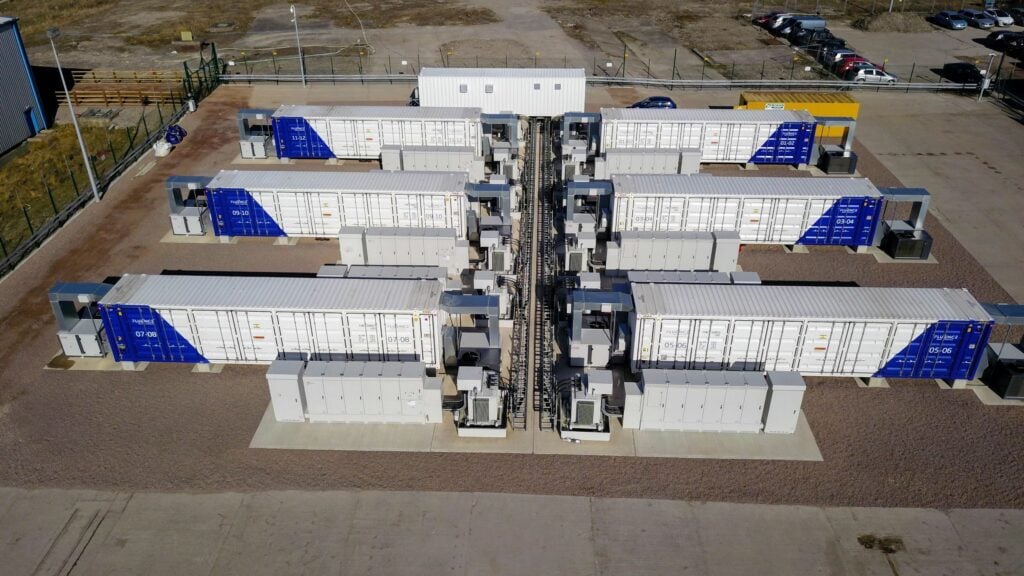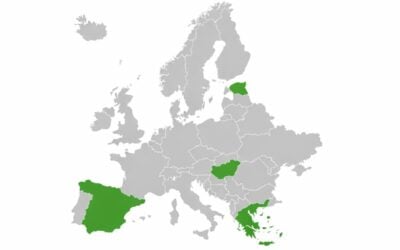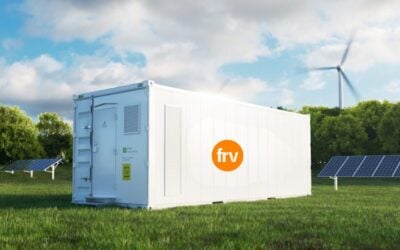
Singapore-based energy and urban development group Sembcorp is building 200MWh of battery storage systems on Jurong Island, home to much of the country’s industrial activity.
Jurong Island was formed through land reclamation efforts that began in the late 1960s and culminated in its establishment as one of the world’s top 10 chemicals production hubs and top five refinery export hubs.
With work underway to transform it into a Sustainable Energy and Chemicals Park by 2030 as part of the government’s Green Economy policy, the amount of renewable energy generated and used on the island is increasing.
The Singapore Energy Markets Authority (EMA) issued an expression of interest (EOI) in May to build 200MW/200MWh of battery storage, which resulted in the award to Sembcorp.
Try Premium for just $1
- Full premium access for the first month at only $1
- Converts to an annual rate after 30 days unless cancelled
- Cancel anytime during the trial period
Premium Benefits
- Expert industry analysis and interviews
- Digital access to PV Tech Power journal
- Exclusive event discounts
Or get the full Premium subscription right away
Or continue reading this article for free
Sembcorp said in a statement yesterday that it expects to complete work on the battery energy storage system (BESS) deployment by the end of this year. Energy-Storage.news has contacted the company for more details on the project and its award.
Sembcorp was one of EMA’s collaborators on a programme to accelerate the deployment of energy storage in Singapore, which began in late 2018 and received the authority’s support to build the country’s first distributed virtual power plant (VPP). EMA had already identified the ability of energy storage to help integrate renewable energy and enhance the overall reliability of the energy supply and grid.
The country’s first large-scale battery storage system was connected to the grid in 2020, a 2.4MWh system from Wartsila.
Although since then there have only been a handful of distributed energy storage systems and small pilot projects installed, EMA’s preparatory efforts have included commissioning for publication an energy storage technology roadmap, a handbook of regulatory requirements to install energy storage and a guide for consumers.
In the May EOI, EMA was soliciting energy storage system (ESS) capacity that could serve different functions over two phases of its expected lifetime.
For up to the first two years of the project the ESS would provide “200MW/200MWh of spinning reserves to free up Combined Cycle Gas Turbines for generating purposes”. For the remaining lifetime, it would be “mainly used to provide frequency regulation to mitigate solar intermittency and ensure grid reliability during solar hours”.
Bidders would build, own and operate the energy storage capacity and EMA set a deadline for November this year for projects to come online. Proposals were limited to systems using lithium-ion or vanadium redox flow battery storage.
EMA had a target in place to deploy 200MW of storage by 2025. Although this single award will take it beyond that, the authority noted that it anticipates more will be needed to enable the national target of 2GWp of solar PV by 2030.
Sembcorp’s energy storage business activities have to date been mostly focused in the UK market, with 150MW in construction or already in operation in that market, while the company announced in December 2021 plans to build a 360MW project in northeast England which would be the biggest in Britain to date.





